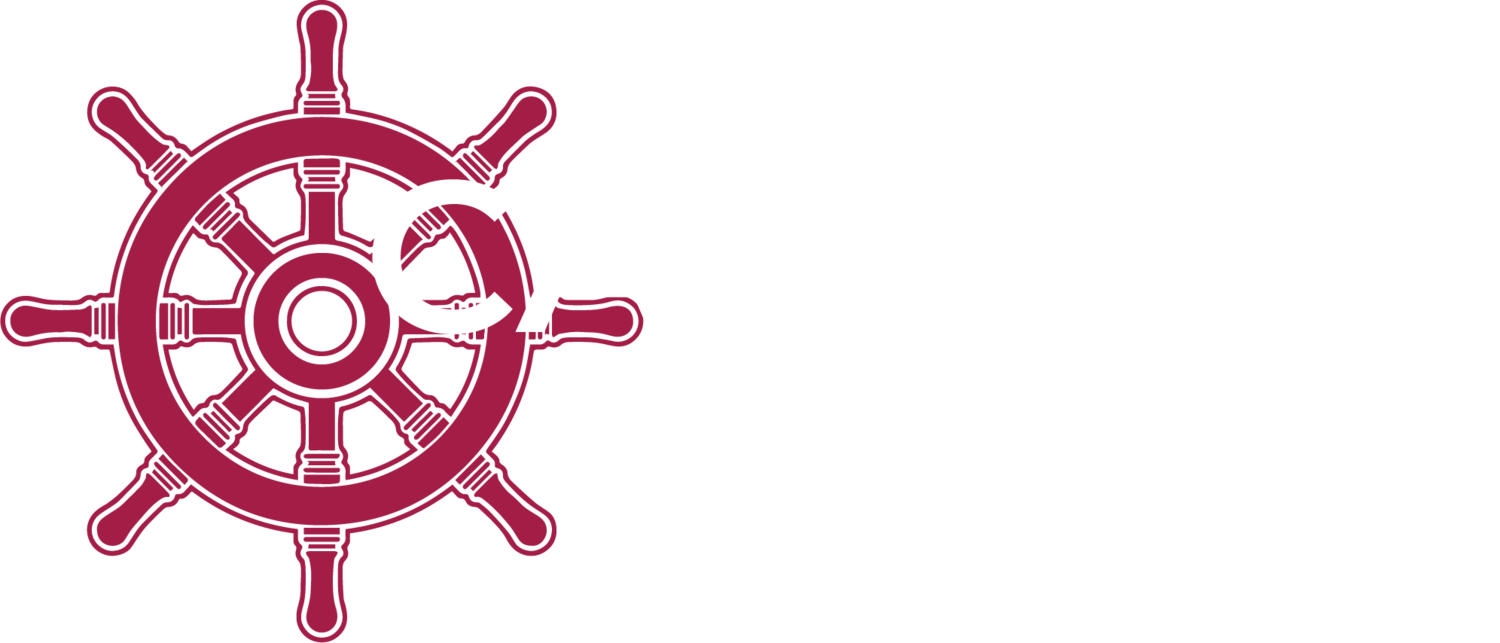
Calista primary
Cultural Committee
The Cultural Responsiveness Committee was formed in response to the implementation of the Cultural Standards Framework;
but has since developed into a committee that endeavours to acknowledge, celebrate and engage all students from a variety of cultural backgrounds.

committee purpose
The main purpose of the committee is to support the school to be culturally responsive. “Cultural responsiveness is the ability to understand, interact and communicate effectively and sensitively with people from a cultural background that is different to one’s own, and demonstrating this ability with proficiency. It is characterised by respect for culture, ongoing self-reflection, expansion of knowledge and commitment to improving practices and relationships.
It is about building mutually respectful, solid relationships with the local community; valuing the strengths of the local Aboriginal community; and working collaboratively with the local community to set the directions and priorities for Aboriginal students in the school. It is about being responsive to the diverse needs, backgrounds, experiences and knowledge of Aboriginal students; and being able to use these as a basis to facilitate learning opportunities.”
The committee is composed of numerous staff who work as leaders in the school to develop and sustain an individual and school-wide focus on improving education outcomes for all students. As a committee, we set high expectations for students and track their educational progress. The committee works to foster positive participation, communication and interaction between staff, students, their parents and families, and the local community.
The committee has developed an Acknowledgement of Country and is integrating the use of traditional language in lessons to build a school environment that is welcoming for Aboriginal students and reflects community aspirations for their children. Through planning, coordinating and delivering events in the cultural calendar (such as Harmony Day, NAIDOC Day and Christmas events) we create opportunities to engage parents, families and the community.
These events help to provide learning opportunities that allow connections to be made between each student’s home and school experiences. The committee develops resources that build on the knowledge, skills and prior experiences that students bring with them to the classroom to ensure learning is relevant, connected and appropriate to achieve education success.


